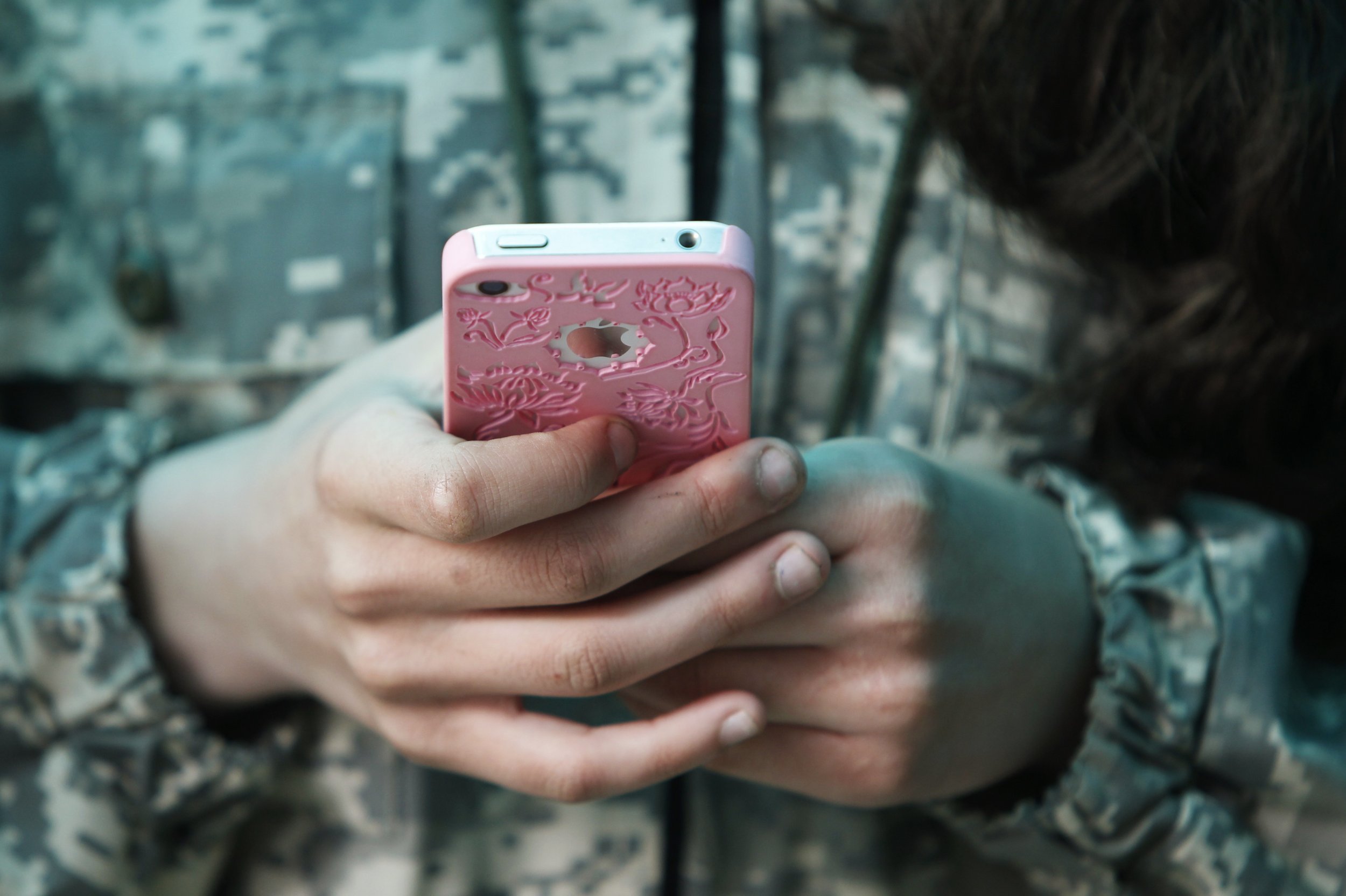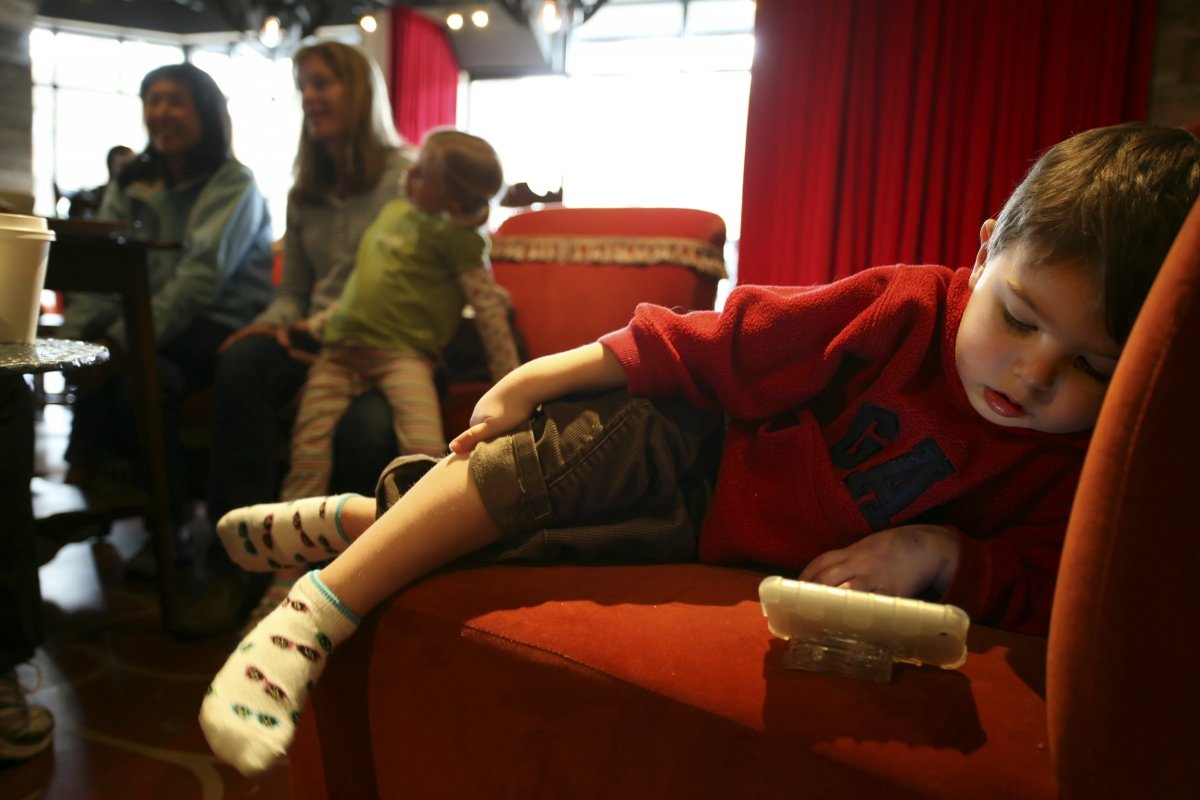
The idea that smartphones have 'destroyed' a generation has caught fire. For parents of enough means, this can take the form of concerns about screen time and how to limit it. But, according to a new study from the Oxford Internet Institute, parents might want to shift their ways of thinking: screen time limits may not be so useful.
Pyrzybylski and his coauthor Netta Weinstein interviewed nearly 20,000 parents over the phone. They asked these parents whether they followed recent recommendations for limiting screen-time use, keeping it to less than two hours or one hour per day, then followed up with questions about their children's' well-being. They saw no real difference in psychological well-being for children who had limited screen time compared to those who didn't.
"Taken together, our findings suggest that there is little or no support for the theory that digital screen use, on its own, is bad for young children's psychological wellbeing," Pyrzybylski said in a press release.
The key phrase there may be "on its own." As Pyrzybylski explained, "If anything, our findings suggest the broader family context, how parents set rules about digital screen time, and if they're actively engaged in exploring the digital world together, are more important than the raw screen time."

The American Academy of Pediatrics recommended in 2010 that caregivers limit screen time to less than two hours per day. In 2016, guidelines recommended that children between 2 and 5 years old have no more than an hour a day of screen time. Pyrzybylski and Weinstein's work suggests that these guidelines may be too reductive.
Przybylski and Weinstein's past research doesn't paint screen time as simply as inherently bad or inherently good. Earlier in the year, they published a paper called " A Large-Scale Test of the Goldilocks Hypothesis," which looked at the effects of screen time on teenagers. After looking at data from over 120,000 teenagers, they claim to find that the impact of screen time depends on time of day. And—here's where Goldilocks comes in—there appeared to be a "Goldilocks" level of moderate screen use (not too much, not too little) that correlated with mental well-being.
The pair also published a study in 2012 that suggested the mere presence of a cell phone can make it harder to have intimate, face-to-face conversations.
"Given that this digital genie cannot be put back in the bottle," Pyrzybylski and Weinstein write, researchers should look to create a more nuanced, detailed account of how screens affect children, rather than assuming the worst.
Uncommon Knowledge
Newsweek is committed to challenging conventional wisdom and finding connections in the search for common ground.
Newsweek is committed to challenging conventional wisdom and finding connections in the search for common ground.
About the writer
Joseph Frankel is a science and health writer at Newsweek. He has previously worked for The Atlantic and WNYC.
To read how Newsweek uses AI as a newsroom tool, Click here.








